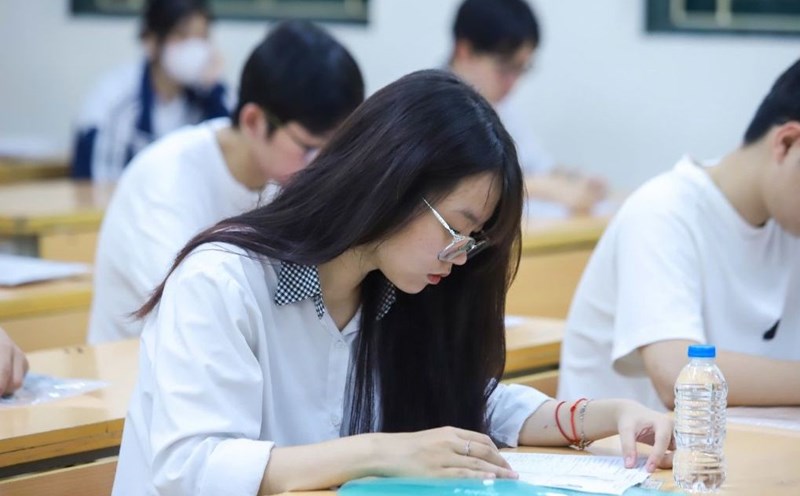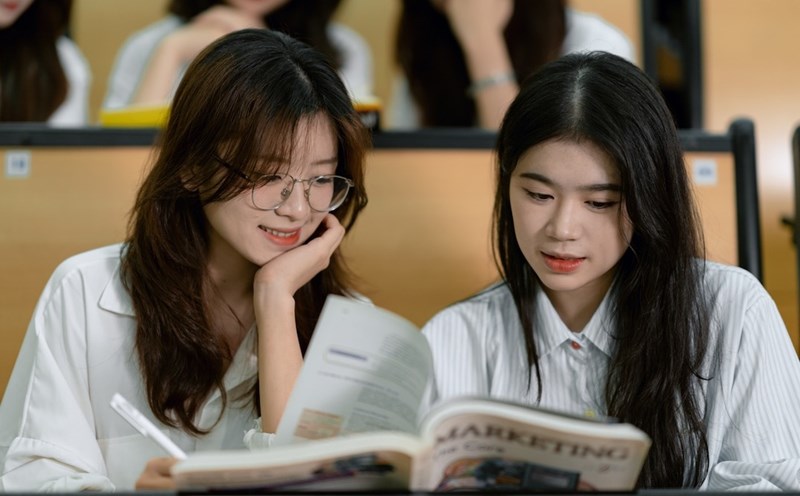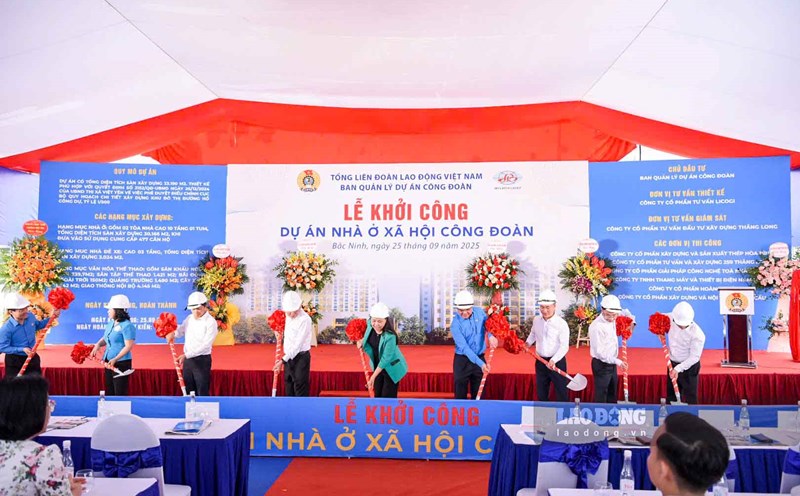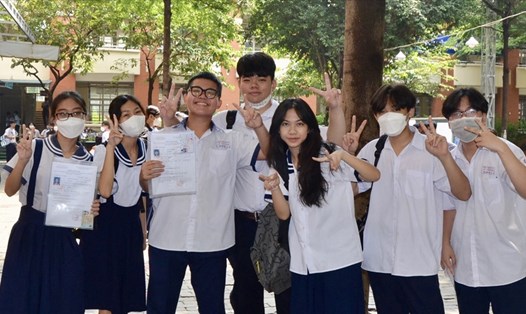In the process of national development, our Party and State always consider education - training, along with science and technology as the top national policy. Many major policies and guidelines have been issued, promoting education innovation, strong development and achieving important results.
Notably, Resolution 71-NQ/TW of the Politburo on the breakthrough in education and training development identifies important milestones: the goal is to complete universal preschool education for children aged 3 to 5 and compulsory education through junior high school by 2030; at least 85% of people of high school completion age and equivalent, no province or city will reach less than 60%; by 2035, complete universal high school.
Recently, on September 23, at a meeting with voters of 11 wards of Hanoi before the 10th session of the 15th National Assembly, General Secretary To Lam emphasized the viewpoint of having to popularize high school education and reduce exams.
"What a waste! Many exams are very expensive, stressful and hard for parents, students, and teachers" - the General Secretary reiterated the need to reduce exam pressure and encourage the movement of studying emulation.
Agreeing with this view, many parents and students hope that the 10th grade entrance exam will be abolished soon and replaced with an admission exam. This not only reduces the pressure of review and saves costs but also contributes to realizing the goal of popularizing high school according to Resolution 71, ensuring equal learning opportunities and in line with the orientation of educational innovation.
After Lao Dong published the article "Should eliminate the 10th grade exam, reduce pressure on students" it also received many positive feedback from students and parents.
Students suffer from exam pressure
Chu Dinh Ha (Dong Anh commune, Hanoi), currently a 12th grade student at Vietnam - Korea Vocational College, said that because his academic ability was not solid, he did not dare to register for the public school entrance exam after graduating from junior high school. To reduce pressure and soon have skills, Ha chose to be directly admitted to a vocational school.
"If I hadn't had to take the 10th grade entrance exam, I might have had more opportunities to choose a more suitable school" - Ha shared.
As for Vu Cam Ly (Dong Anh commune, Hanoi), despite many months of preparation for the 10th grade entrance exam, he still could not pass the first wish list to enter a school near his home. Ly is currently studying at a public high school more than 20 km from her home, waking up early at 5am every day to catch the bus to class.
"Remembering the tiring time of reviewing for the exam but still not qualifying to enter the desired high school, I found many worries. Up to now, having to go to school far away often makes me tired, and my time for self-study and rest has also been significantly reduced" - Ly expressed.
Psychological pressure is too great
From the perspective of parents, sharing with Lao Dong reporter, Mr. Ta Van Hai - a parent with two children in grades 7 and 11 - frankly said that the entrance exam for grade 10 should be eliminated.
Mr. Hai said that many months before the exam, his son spent almost all of his day studying and reviewing. From early morning to late night, all of my child's activities revolve around books and extra classes. "The children have a hard time studying, and have almost no time to play or rest. The psychological pressure is too great, while everyone wants to be in high school, he said.
From another perspective, Ms. Nguyen Bich Diep (Vinh Thanh commune, Hanoi) - who accompanied her children through the 10th grade exam - recalls the stressful days of review, when the whole family had to arrange all activities around their children's studies. She said that every evening after work, she and her husband review the review plan with their children, prepare documents and encourage them to keep their schooling continuous.
According to Ms. Diep, the pressure from the exam not only weighs on students but also causes anxiety for the whole family. Therefore, she believes that skipping the exam is necessary to reduce the psychological burden, helping children have more time to practice skills and develop comprehensively.
However, she expressed concern: "If the exam is canceled, there needs to be a suitable form of admission, both creating fairness and ensuring the differentiation of academic performance, avoiding overload for schools".
She emphasized that this reform is only really effective when accompanied by a transparent admission mechanism and clear traffic flow solutions, so that children can both reduce pressure and still study in an environment suitable for their abilities and future orientation.










